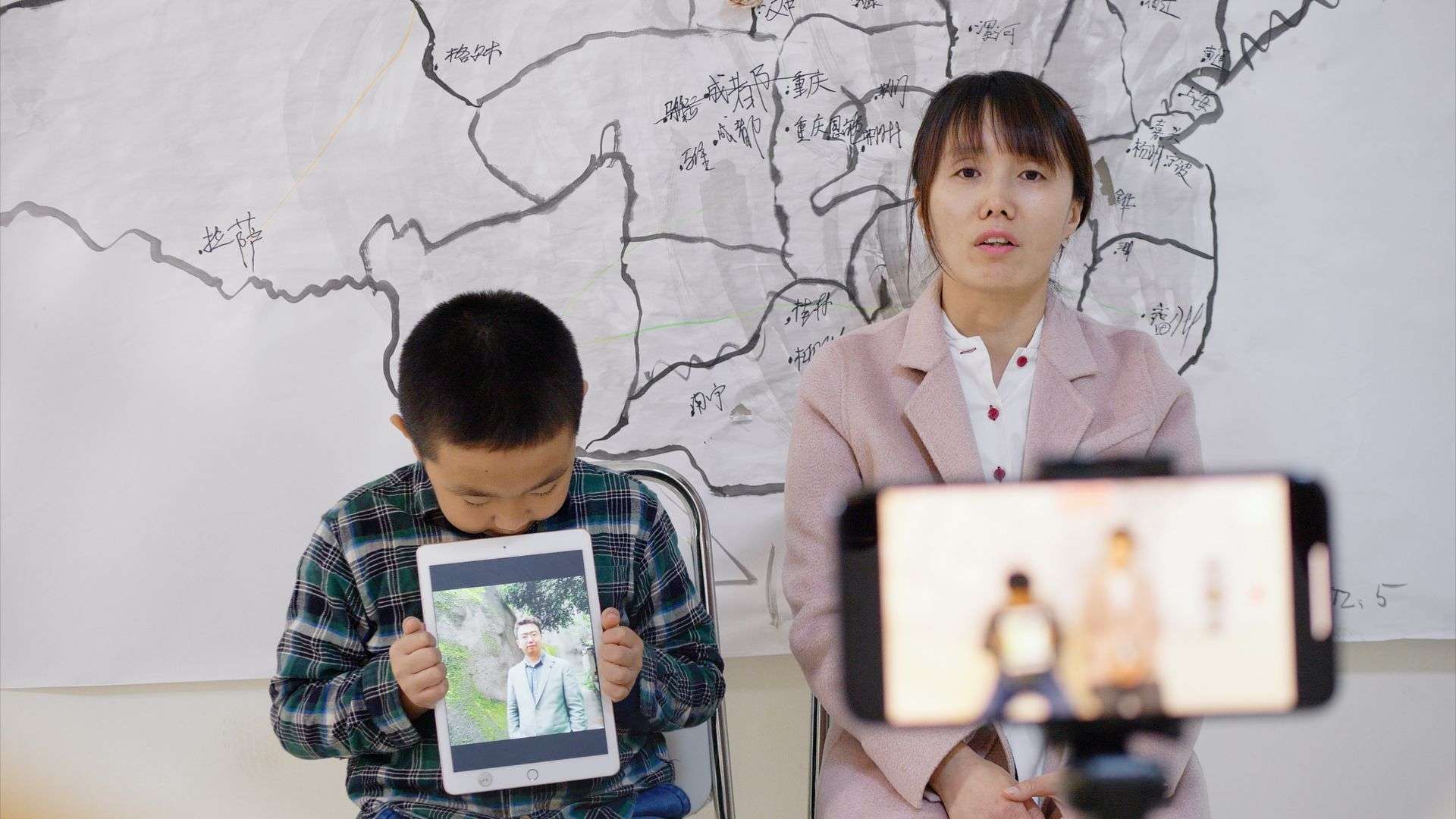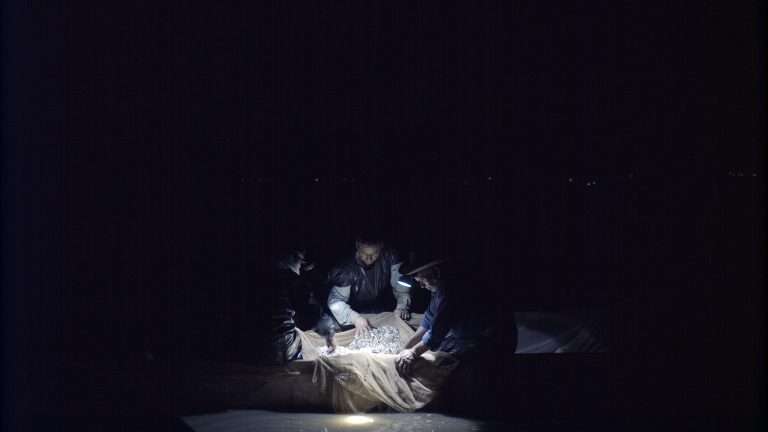Jialing Zhang’s documentary, “Total Trust,” unfurls a series of horrors that hurls devastating punches. It is frightening, visceral, loaded with immediacy that sounds the loudest warning bells on the continued assault on our privacy. Of course, one can argue Zhang’s film presents a too-specific scenario pertaining to her home country, China’s unparalleled surveillance machinery. But it is precisely this laxness, an impulse to complacency, that Zhang rails against through the two tracks she depicts.
“We give in; they take more,” one of the interviewees says, a young journalist, Sophia Huang, who refuses to toe in with the establishment lines. She is presumably one among an increasingly diminishing lot of journalists and activists who stay in China and attempt to voice their dissent. The Communist Party, however, ensures protest and petitioning are options rampantly disappearing. There is a staggering mechanism it has put in place to muffle the slightest tremor of resistance. Zhang captures its precision, detail, and intricacy with an acute, unsparing eye. There’s little that misses being placed directly under the harsh, rigorous scan of her investigative gaze.
Dangling a deception that the extraordinary surveillance has been primed in the manner particularly for the nation’s political safety and thereby of its citizens, the government’s operations led with blazing, utter impunity are at the fulcrum of the film’s trenchant critique. Remarkably, there’s no strain of shrillness in the salvos the film launches against the regime and the complicity of citizens in normalizing and enabling an atmosphere for it to a great degree. Instead, there’s rage and sadness fused into a desperate, anguished wake-up call.
Zhang’s documentary is powered by incredible courage and a conviction tied firmly to rights and justice, unafraid to call out how a populace may have allowed big-brother machinery to thrive and branch out further by virtue of their silence. It is this silence, moral indolence in the face of unequivocal injustice, the film constantly cautions against, with its assertive proponents berating those who’ve lapsed into habitual compliance.
The 2015 709 crackdown on civil rights activists and lawyers factors prominently in “Total Trust.” More accurately, the film is a reckoning with the long, irrevocable shadow it cast and the countless significant ramifications it held for the country’s future. It follows up with what happened with those incarcerated on false charges of “inciting subversion of state power,” an allegation holding water for practically any democracy today. That this charge has no legal definition, which renders it prone to umpteen police manipulation, is a particular bit that carries universal resonance. India is, of course, no stranger to its reputation for raids and taking into custody a rapidly multiplying number of activists, writers, lawyers, and students for months and years on end, often protracting trials as long as possible.

One of the film’s two tracks concerns the long imprisonment of defense attorney Weiping Chang, who represented people displaced by corporate projects that had the implicit backing of the government. He refused to plead guilty, which many arrestees of the crackdown had been forced to. Chang was initially put under house arrest; eventually, he was taken away. His wife, Zijuan Chen, is deprived of any information about him as she struggles to raise their son. She keeps bullishly posting petition videos on her social media profile, most of which get removed. The petitioning leads to drastic deductions off a citizen’s social credit score, which is all but one element of the complex system undergirding everyone’s lives.
Neighborhoods are divided into communities assigned to the meticulous inspection of grid officers who stay alert to suspicious or untoward activity. Any improper behavior is promptly reported. People eagerly report their neighbors in the lure of getting a spike on their credits. The reasons underpinning negative scores far outweigh the positives, wielding a direct impact on schooling options of kids and mobility, among others. Zijuan finds herself barred from various places and making purchases, her card flashing health alarms when she has none.
Then there are the facial recognition sensors that are upgraded so as to make a stressed emotion an arbiter of suspicion. The government’s Sharp Eye and Smart City programs pit citizens against citizens as each hankers after a rise in their social score, never mind if it necessitates calling dirt on someone else. Positive points bring rewards, whereas negatives are as powerful as preventing a woman from going to the trial of her own husband.
The film’s other track circles Wenzu Li and her husband, human rights activist Quanzhang Wang, who had been detained for several years. Despite being released, the family remains vigilantly watched, surrounded by enthusiastically critical, hostile neighbors. The censorship that has been enforced into normalcy is the film’s primary target of inquiry. The past and present seem to have little changes, if at all the latter hints at steeper dangers, spaces of questioning swiftly shutting down.
What Li experienced echoes Chen’s. The horrors and uncertainties persist, the numbers of the resisters dwindling, and Zhang unambiguously suggests the nation’s political life contains no possibility of fightback by staying within its borders. “Total Trust” has a rushed coda and snatches of women whose husbands have been detained collectively articulating their dissent as highlighted in a scene that needed more attention, but its bleakness has tremendous urgency and import.





![Four to Dinner [2022] Review: Little makes sense in this confusing tale of finding a soulmate](https://79468c92.delivery.rocketcdn.me/wp-content/uploads/2022/01/Four-to-Dinner-1-768x512.jpg)
![Disappearance (Napadid Shodan) [2017]: ‘TIFF’ Review](https://79468c92.delivery.rocketcdn.me/wp-content/uploads/2017/09/disappearance_disc__05-768x384.jpg)

